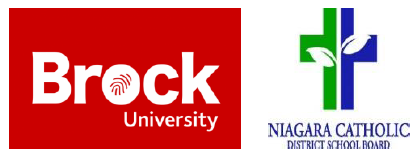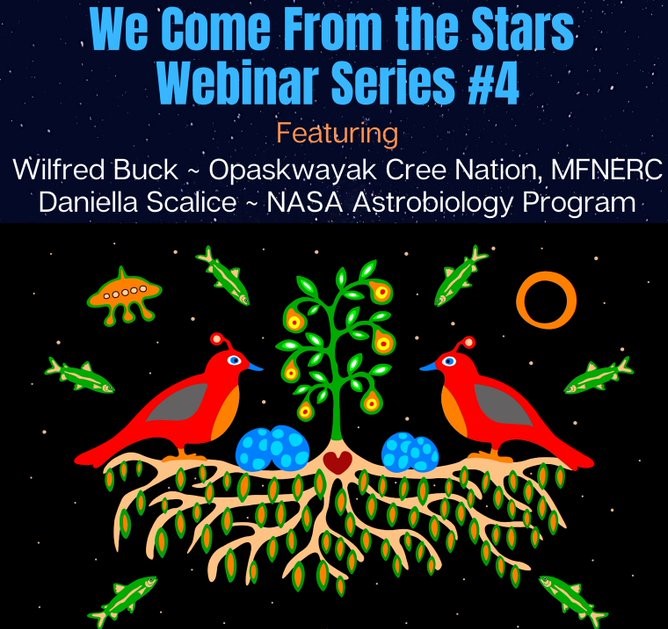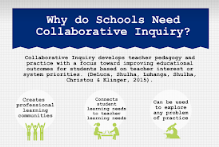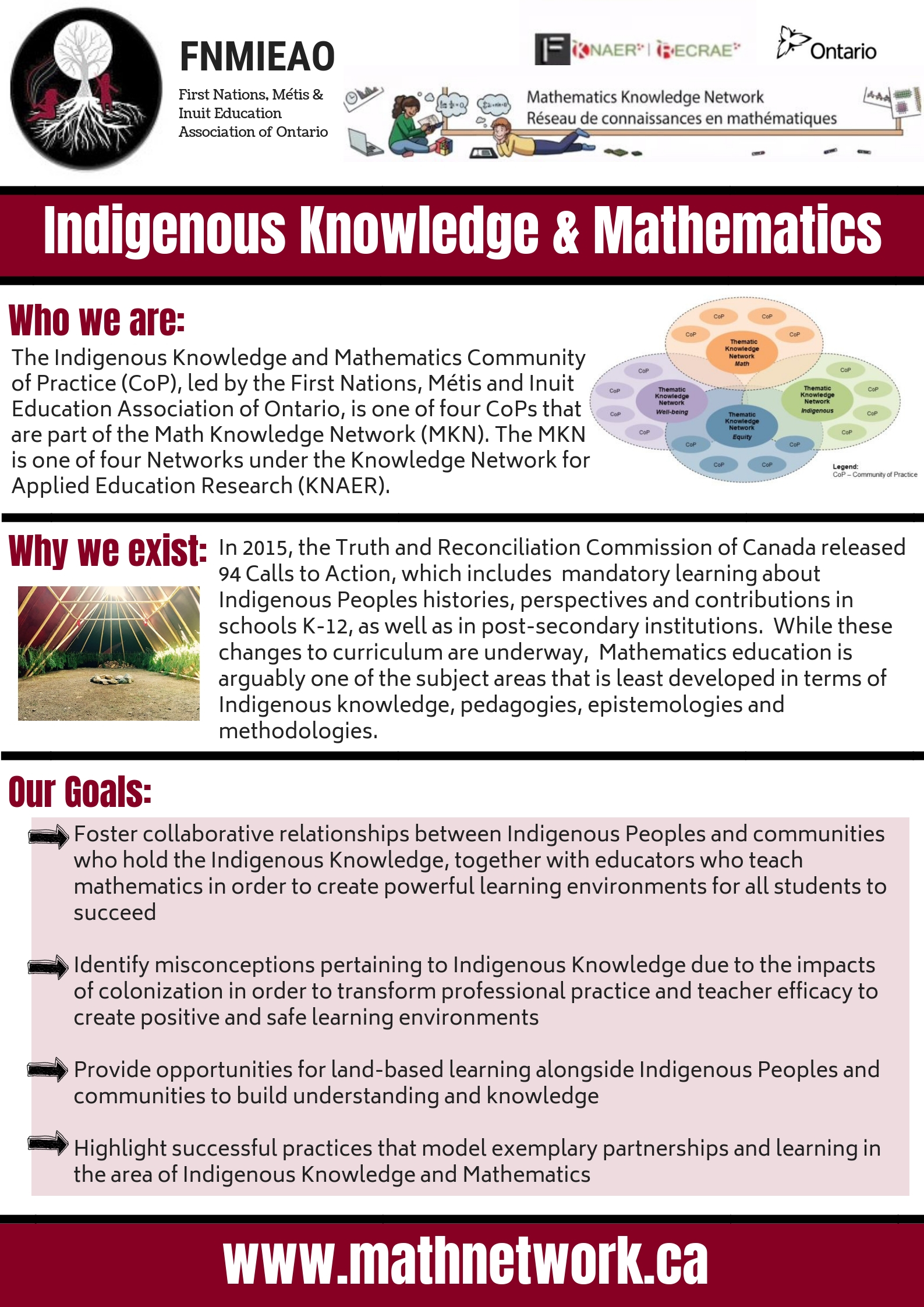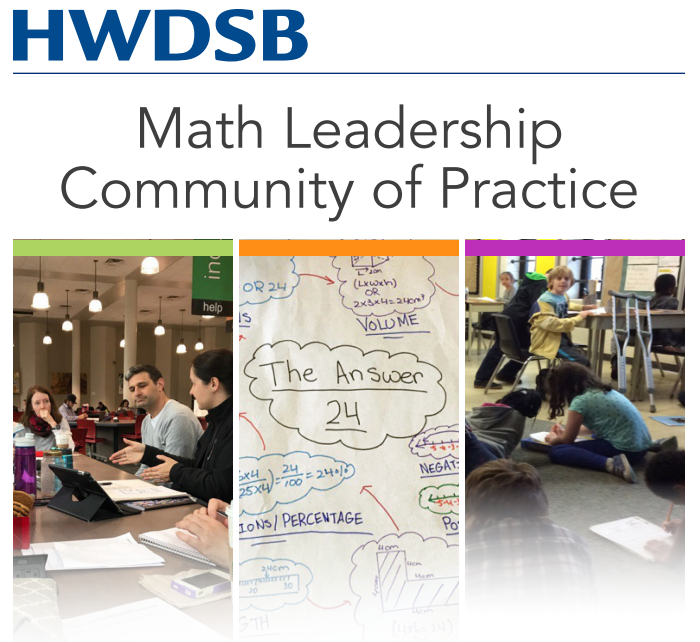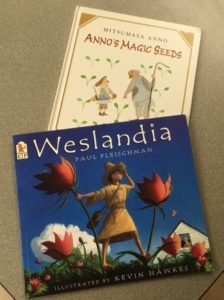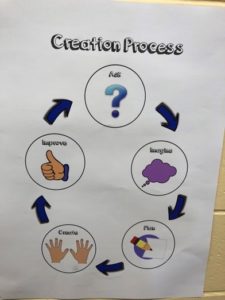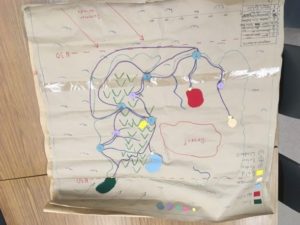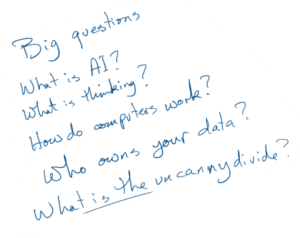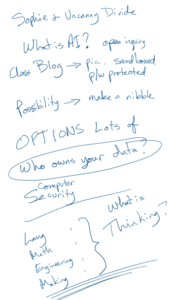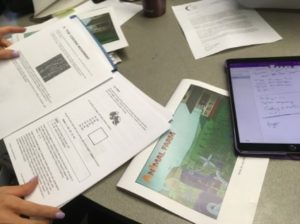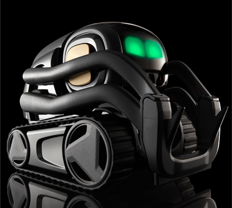Math Knowledge Network QUARTERLY 2 (1)
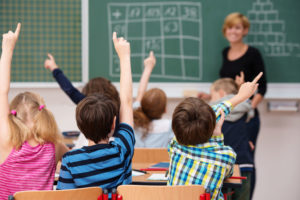
Dear MKN Partners and Members,
Welcome to Volume 2 Issue 1 of the Math Knowledge Network Quarterly!
We are starting our fifth year with some leadership changes. Dona Kotsopoulos, a soon to be Dean of Western Faculty of Education is continuing as a Co-Director, joined by Dragana Martinovic, Professor from University of Windsor, who is replacing George Gadanidis, while he is on sabbatical. This year was challenging for all educators, school leaders, parents and students, making it even more important that we celebrate resilience and successes in our communities. In this Newsletter, you can read about activities of our four communities of practice in the previous quarter. Wishing you all health and happiness as we are closing on 2020!
Donna & Dragana (MKN co-Directors), & Arielle (MKN Coordinator)
PS – To stay up-to-date on upcoming events, activities, and resources, please visit the MKN website, join our mailing list (see subscription form bottom-right), and follow us on Twitter @mknrcm.
———————————-
In this issue
| Critical Transitions: Resources Report
|
Computational Modelling: Resources Report
|
| Indigenous Knowledge: Resources Report
|
Mathematics Leadership: Resources Report
|




